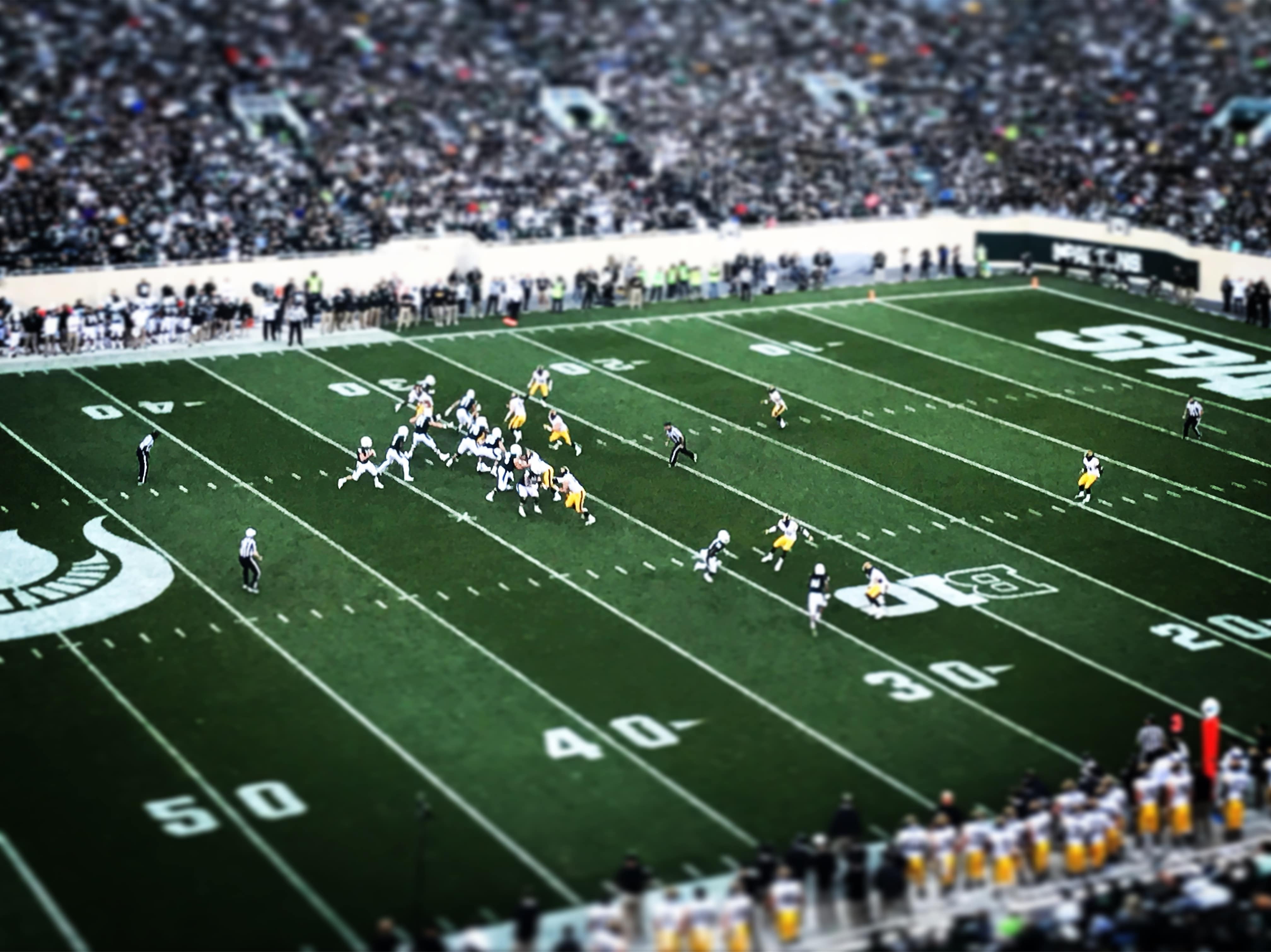Superbowl LIII Players Face Large Taxes on Winnings
February 11, 2019
written on behalf of Feigenbaum Law
Last week we blogged about the so-called “Jock Tax” which is levied on earnings made by professional athletes depending on which state they play in.
As a result of this frequently applied levy, the big earnings made by players of both the Patriots and the Rams in this month’s Superbowl LIII are now subject to tax at various levels.
Superbowl Bonuses
For playing in this year’s Superbowl, every New England Patriots player will receive a $118,000 bonus, while each Los Angeles Rams player will earn $59,000.
Neither Superbowl team played in the wild card round this year, so each player on both teams will also receive $29,000 for winning their respective divisional rounds and $54,000 for winning the conference round in the leadup to the Superbowl.
Tom Brady will earn the same amount in bonus as his backup quarterback, Brian Hoyer, and all other Patriots players, whether they played or sat on the bench. Similarly, Jared Goff will earn the same bonus as his backup QB Sean Mannion. All player bonuses are the same, irrespective of time spent on the field during the game or position played.
Applicable Tax Rates
Leading up to and including the Superbowl, the Rams will have spent a total of 10 days in Georgia (about 4% of their full working season), and the Patriots will have spent a total of 8 days in Georgia (about 3% of their full working season). The Georgia state tax of 5.75% will apply on these days worked in Georgia (in addition to the amount earned as bonus for playing in the Superbowl).
The top federal marginal tax rate of 37% is levied on incomes over $510,300 for single filers and $612,350 for joint filers. Most NFL players are making well beyond this amount, putting them squarely into this top tax bracket.
As a result, all bonuses earned by players in the last few months are subject to:
- 37% federal income tax;
- 75% Georgia state income tax;
- % California state income tax (for any Rams players resident in California);
- 1% Massachusetts state income tax (for any Patriots players resident in Massachusetts).
Assuming all of the above rates apply, Rams players will pay $54,540 in tax and Patriots players will pay $74,370 in tax.
As a result of recent tax reforms, players no longer have the ability to deduct state and local taxes (i.e. SALT) as well as certain other job-related expenses from their federal income tax.
How Can Feigenbaum Law Help?
At Feigenbaum Law we offer a full range of legal and tax services to professional athletes in all sports as well as agents, coaches, and business managers.
We regularly assist with a wide range of complex tax planning matters, including:
- Residency planning
- Tax Residency Controversy
- Complex tax planning for talent with multi-jurisdictional deals
- Setup and management of loan-outs for tax/legal planning and to manage withholding taxes
- Other mechanisms for reducing or eliminating withholding tax, such as US central withholding
- Agreements (CWA’s) and Canadian Regulation 102 and 105 waivers
- Multiple jurisdiction tax claims
We can also assist with related matters including:
- Review of Players Contracts
- Endorsement Agreements
- Sponsorship Agreements
- Employment Contracts
- Publication Deals
- Jurisdictional issues with real estate closings and ownership.
What Makes Us Unique?
Our talented team has broad experience in and knowledge of the legal and tax issues that arise in this unique business. We strive to make complex matters straightforward and effortless for players. We do all the heavy lifting ourselves, so that players can focus on what they do best.
In addition to US and Canadian accounting designations, Mark Feigenbaum holds a Masters of Laws (LLM) degree in Entertainment, Media and Sports Law, and a Doctorate in Law (JSD) focusing on the taxation of sports and entertainment professionals. This is an area of special interest and our team continually pursues further education in this field. Tax law and policy are constantly evolving; we make it a priority to stay current with developments on both sides of the border.
For assistance with your tax matters and learn how our knowledge of jurisdictional laws and regulations can help lower your overall tax risk and yield sizable tax benefits, contact us or call us at (416) 777-8433/toll free at (877) 275-4792.





